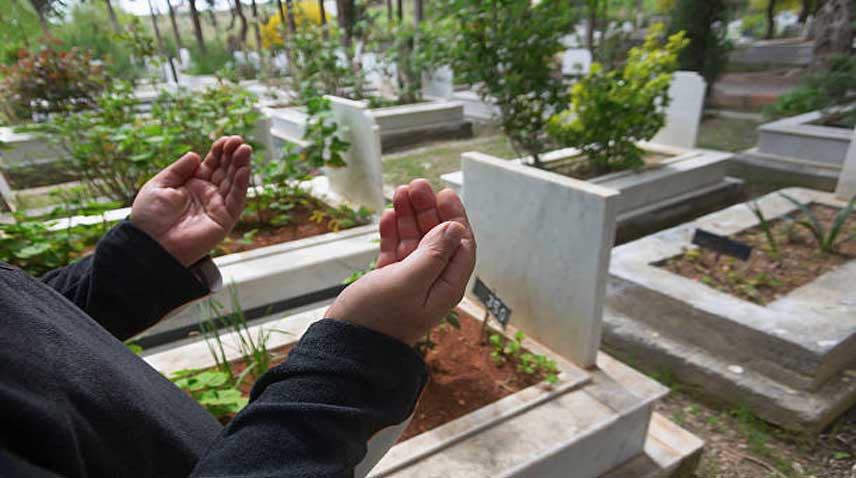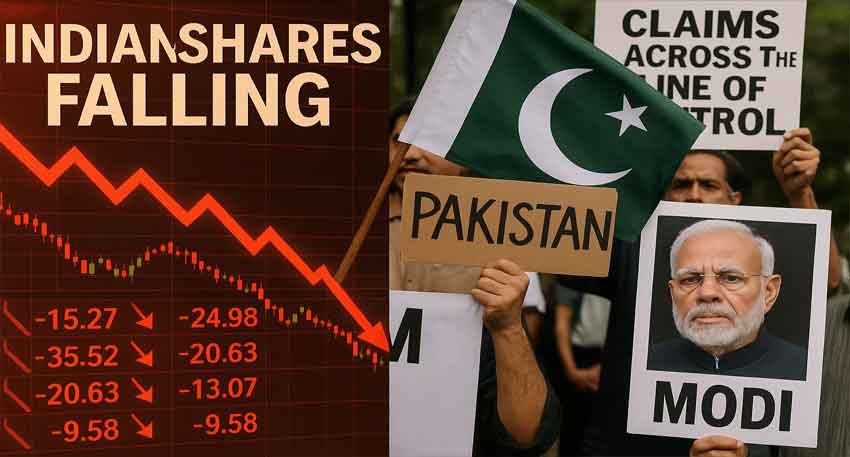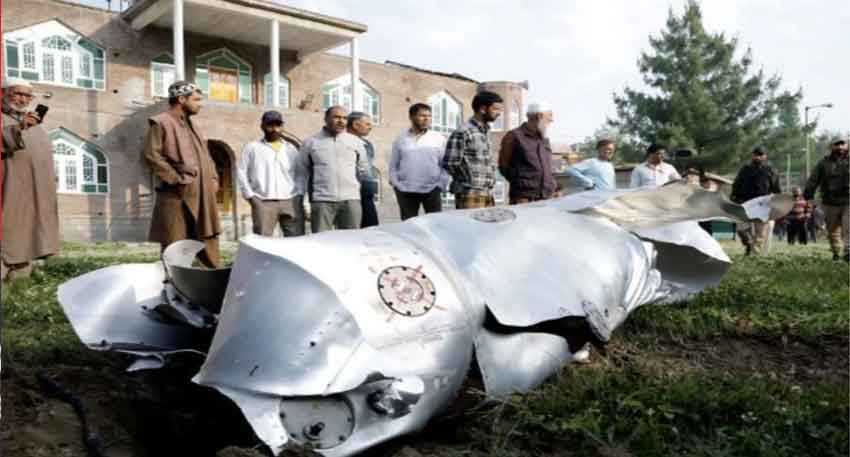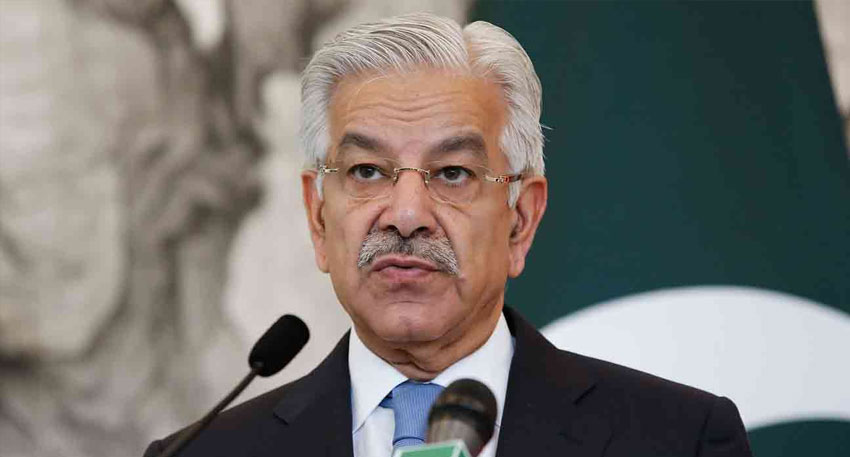
In Pakistan, a study revealed that eight out of the top 10 news stories published Suno News website in December 2024 were about the death. This highlights a tendency within our society to know about the reasons of death. But why do people seem so scared of this natural phenomenon? Is it an indication of a deeper fear?
The Uncertainty of What Comes After Death
The fear of death stems from the uncertainty of what happens afterward. Whether it s the finality of the end or the mysteries of the afterlife, the unknown often evokes anxiety. Despite religious and philosophical explanations, no one can truly say with certainty what happens after death. This lack of definitive knowledge creates a sense of vulnerability. The human mind seeks answers and stability, and death, being beyond human comprehension, challenges that need for certainty.
In many cultures, including Pakistan’s, death is surrounded by stigma and fear. Death is often seen as a taboo topic, something to be avoided in conversation. The way death is portrayed contributes to its negative perception, focusing more on the tragic aspects rather than celebrating the lives that have been lived. As a result, people may internalize this fear, associating death with sadness, loss, and suffering.
The prevalence of death-related news in Pakistan, particularly in December 2024, reflects this cultural curiosity about mortality. People may be drawn to such stories, not just out of morbid fascination, but also to confront their own fears and reflect on the fragility of life.
Fear of death and mental diseases
The fear of death can significantly contribute to the development of depression and anxiety for several reasons. It often arises from the uncertainty of what happens after we die. This existential anxiety about the end of life and what follows can create a constant sense of unease. When individuals are unable to find satisfactory answers to these questions, they may experience heightened levels of stress, worry, and anxiety.
Death is a natural and inevitable part of life, yet it is beyond human control. This lack of control can exacerbate feelings of vulnerability and helplessness. When people feel powerless over the one certainty in life (death), they may experience heightened anxiety and depression, as their sense of security and ability to shape their future feels compromised.
Fearlessness of true believers
On the other sides, for many believers, death is not a source of fear or anxiety. Instead, it is seen as a transition to a new and eternal life, one that is shaped by their faith in Allah and their love for Him and His Messenger, Prophet Muhammad (PBUH). The lack of fear towards death among practicing Muslims can be attributed to several key aspects of Islamic belief and spirituality, which offer comfort, purpose, and hope in the face of mortality.
Faith in Allah and the Afterlife
At the heart of Islam is the belief in the afterlife. Muslims are taught that life on Earth is temporary and that the real, everlasting life begins after death. This belief in the afterlife is a core tenet of Islam, with the Quran and Hadith emphasizing that death is not an end, but a transition to an eternal existence in either Paradise (Jannah) or Hell (Jahannam), based on one’s deeds and faith.
This belief in the afterlife is powerful and offers Muslims a sense of peace regarding death. They believe that death is part of Allah s divine plan, and that after death, they will be rewarded with eternal peace and joy if they have lived righteous lives. The promise of a better life after death, particularly for those who have lived in submission to Allah’s will, alleviates the fear of the unknown. In fact, death is seen as a reunion with Allah, the ultimate goal for a believer, and thus it is not something to fear but something to embrace.
Love for Allah and His Messenger
Muslims love for Allah and His Messenger, Prophet Muhammad (PBUH), is central to their faith and identity. This love provides a deep sense of comfort and purpose. For Muslims, dying for the sake of Allah is seen as an honor and an opportunity to return to their Creator. The teachings of Prophet Muhammad (PBUH) emphasize that death should not be feared, but rather seen as a natural and inevitable part of life.
The Prophet Muhammad (PBUH) said, “Death is a bridge that brings the believer to the eternal life.” This love for Allah and the Messenger helps believers to accept death with grace and faith, knowing that it is a necessary step toward meeting their Creator.
Also Poet of the East Allama Iqbal rightly says:
تونے پوچھی ہے امامت کی حقیقت مجھ سے
حق تجھے میری طرح صاحبِ اسرار کرے
ہے وہی تیرے زمانے کا امامِ برحق
جو تھجے حاضر و موجود سے بیزار کرے
مو ت کے آءینے میں دکھا کے تجھے رخِ دوست
زندگی تیرے لیے اور بھی دشوار کرے
This beautiful poetry by Allama Iqbal reflects deep philosophical and spiritual ideas about leadership, faith, and the nature of existence.
Here is a translation and explanation of the last verses
Translation: You asked me about the reality of leadership (Imamat),
May the truth make you, like me, a master of secrets.
The true Imam of your time is the one
Who makes you weary of the present and the mundane.
By showing you the face of the Beloved (God) in the mirror of death,
Life will become even more unpleasant for you.
The last verses reveal why practicing believers have no fear of death:
By exploring the role of a true spiritual leader (Imam), Iqbal concludes with a profound statement: when one encounters the divine (the face of the Beloved) through the reflection of death, life becomes more unpleasant (and afterlife pleasant). Death is not merely an end, but a transformative force. Once a person begins to contemplate the ultimate truth, or the Divine, life itself becomes more difficult because it demands a higher level of consciousness, selflessness, and devotion. The "mirror of death" symbolizes an awakening to the impermanence of life and the need for spiritual transformation.
The true leader causes his followers to reflect on the transient nature of life and the importance of seeking a higher purpose. This awakening, though enlightening, makes life more unpleasant (like imprisonment).
Acceptance of Allah’s Will (Tawakkul)
Another important concept in Islam is Tawakkul, or complete reliance on Allah. Muslims believe that Allah controls the time, manner, and circumstances of their death. This submission to Allah’s will removes anxiety, as believers trust that whatever happens is part of Allah s divine wisdom. They understand that death, like life, is not within their control but is part of the greater plan designed by Allah. This acceptance brings peace and reduces the fear of death.
The fear of the World and attachment to it
On the other hand, the fear of death among those who are heavily attached to the material world, is often rooted in an excessive love for worldly possessions, status, and pleasures. For many, death represents the end of their material existence and separation from the things they cherish most in life. This attachment to the world can create a deep fear of death, as they may see it as a final severance from everything they hold dear.
However, for Muslims, the transient nature of the world is a reminder that this life is temporary and should not be overly cherished. The Quran repeatedly reminds believers not to become overly attached to worldly desires, as everything on Earth is fleeting. For example, in Surah Al-Hadid (57:20), Allah says: “Know that the life of this world is but play, and a diversion, and adornment, and boasting among you, and rivalry in respect of wealth and children.”
This understanding helps Muslims maintain a healthy detachment from worldly possessions and reduces the fear of death. Rather than clinging to the temporary pleasures of this life, they focus on the eternal rewards of the afterlife, which they believe far outweigh anything found in the material world.
In summary, the fear of death often arises from an excessive attachment to the material world, where death is seen as the final separation from one’s worldly desires. In Islam.
Nevertheless, true believers are less likely to fear death because of their strong faith in Allah and the afterlife, their love for Allah and His Messenger, and their understanding of the transient nature of the world. Death is seen not as an end, but as a transition to eternal life, where they hope to be rewarded for their faith and actions. This perspective provides comfort and reassurance, helping believers face death with dignity and acceptance.
The writer is a staff memeber.




